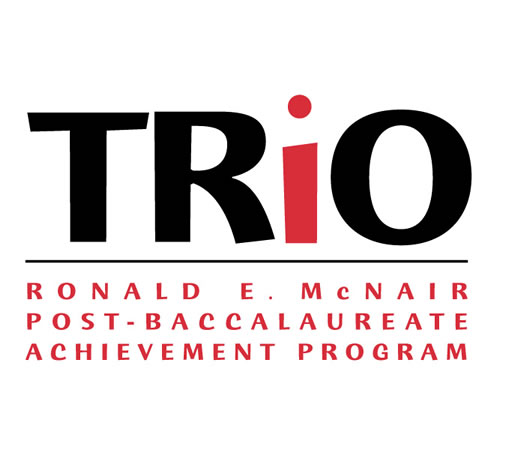Funder
Ronald E. McNair Scholars Summer Research Institute; Center for Academic Enrichment and Outreach
Document Type
Poster
Publication Date
2016
Publisher
University of Nevada, Las Vegas; Center for Academic Enrichment and Outreach
Publisher Location
Las Vegas (Nev.)
Abstract
Bacteria in modern society have often been perceived as having negative effects on humans with complications and potential death to their hosts. In recent years, the gut microbiota has shown that not all bacteria inhabiting a host cause negative side effects, but they instead can provide essential nutrients to their host and even directly impact growth rate and development. In this study, axenic Drosophila melanogaster were generated through egg dechorionation with 7% bleach to test the effects of the absence of commensal bacteria on the flies growth and development. Lipid content was recorded of control and axenic fruit flies from six different populations: FA, FB, FC, SA, SB, SC. On average, the axenic flies took approximately three days longer to development compared to the control. Starvation resistant axenic flies that survived had lower lipid content compared to their control counterparts.
Keywords
bacteria; Drosophila melanogaster
Disciplines
Life Sciences
File Format
File Size
867 KB
Language
English
Rights
IN COPYRIGHT. For more information about this rights statement, please visit http://rightsstatements.org/vocab/InC/1.0/
Repository Citation
Darby, A.,
Dahroug, M.,
Gibbs, A.
(2016).
Effects of Microbiota on Starvation Resistant Drosophila Melanogaster.
Available at:
https://oasis.library.unlv.edu/mcnair_posters/82
